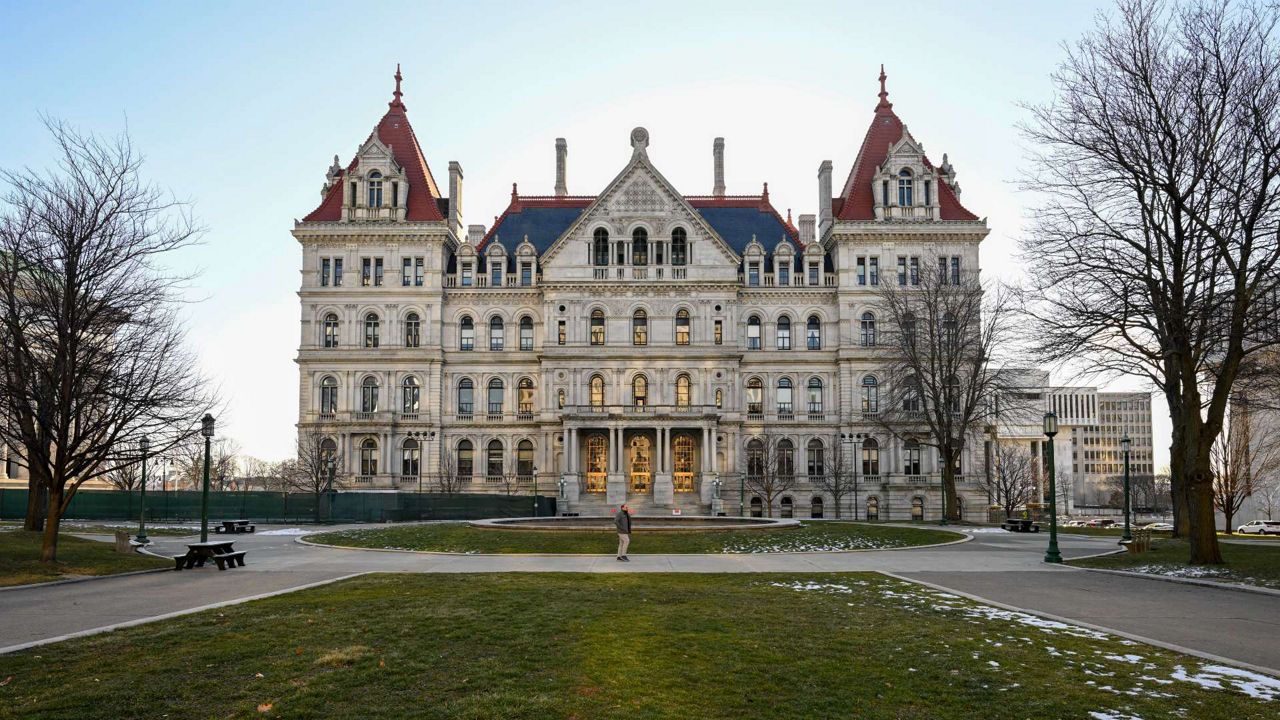Many of New York’s energy laws were written decades ago when fossil fuels were the only game in town. Now that the state is moving away from fossil fuels and toward renewable energy, some of those old rules and regulations need to be updated, or even repealed.
One example is the 100-foot rule, which requires utilities to supply gas to any customer who wants it and demands that ratepayers foot the bill to hook them up if those customers live within 100 feet of an existing line.
But under the new All-Electric Building Act, which passed this year, new construction in the state needs to use electricity, not gas. So, a law on the books requiring gas hookups is unnecessary.
It’s also one of the reasons why utility companies continue asking for rate hikes.
But according to advocates, there’s a bill that would help eliminate the rules that keep the state tethered to fossil fuels. The NY Heat Act, sponsored by the chair of the Senate Finance Committee state Sen. Liz Krueger, would end the 100-foot rule and cap utility bills for low- and middle-income New Yorkers at 6% of income, saving the average family $75 per month.
“These households are the most impacted by volatile gas prices and higher energy bills, paying up to three times more of their income on energy bills then the rest of New York state families,” Krueger told Capital Tonight.
The NY Heat Act is opposed by fuel companies, including National Fuel as well as some labor groups. But Krueger said the opposition cannot be a deal-breaker.
“It is true that in the future there will be some fewer jobs in oil and gas piping in the state of New York, but you know what? There’s going to be far more jobs for these kinds of workers in new renewable energy,” Krueger said. “All of the data shows that there will be more jobs in energy than under the old system.”





%20Cropped?wid=320&hei=180&$wide-bg$)




